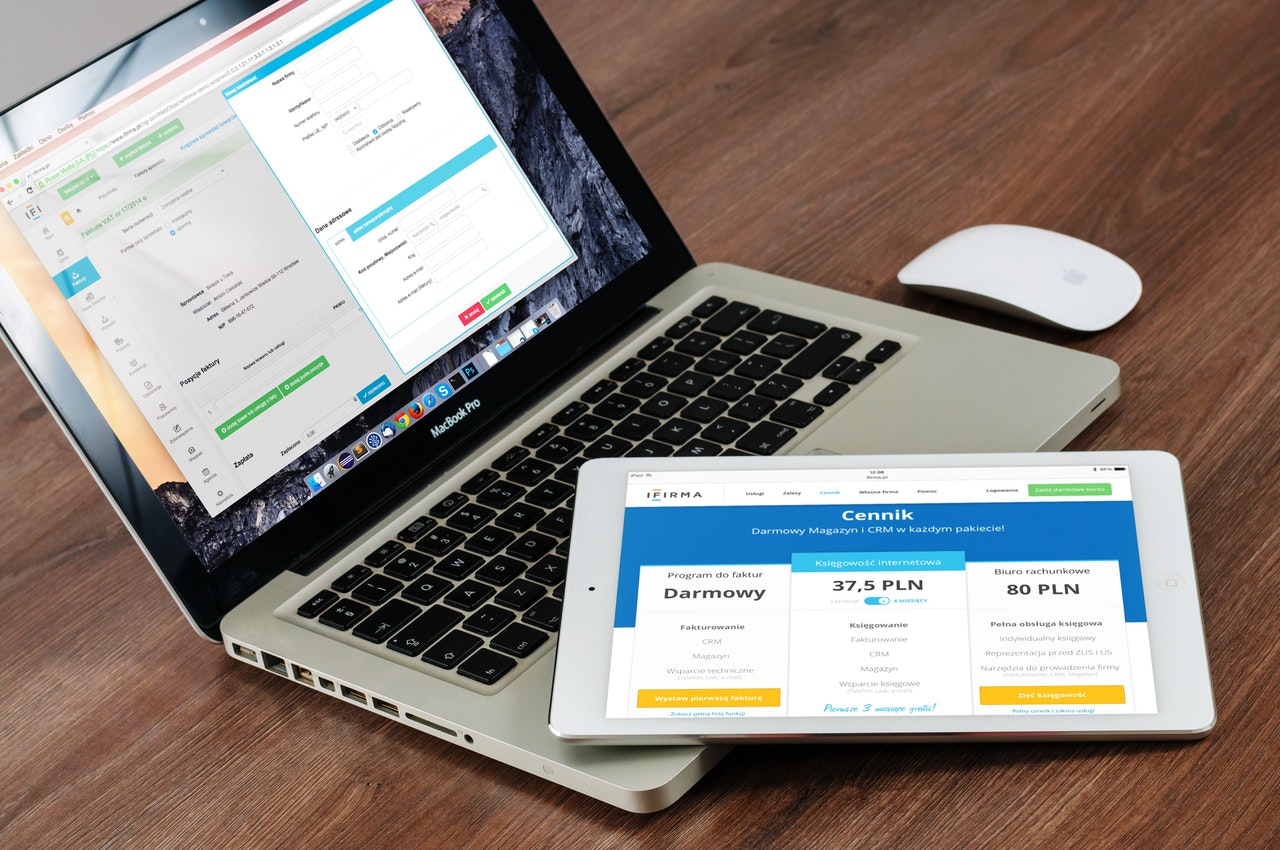The Types Of Financing Available For Motor Vehicles
There are two major investments that will shape our financial future – for many people those two investments are property and motor vehicles. In this day and age,both will probably require that the consumer enters into an agreement with a financial institution or another source of funding – and the implications of sourcing that funding can shape their financial wellbeing- and have a myriad of other effects that will impact on their quality of life.
There are a variety of different financing options available to consumers – each with various pros and cons. The common thread to these various types of finance is that each will require that the lender pay a fixed amount each month towards settling the debt.
One finance option that is becoming increasingly attractive to consumers is Personal Contract Purchase (PCP). This type of finance allows the consumer to make those fixed monthly payments for a set period and then – at the conclusion of the contract period to decide whether they would like to make a single ballon payment and purchase the motor vehicle outright – or simply hand it back to the dealer. The advantages of this approach are primarily flexibility – and the option of upgrading to another vehicle easily. The payments are also significantly lower than another option -which is hire/purchase. This is because under a PCP agreement the monthly payments are designed to cover depreciation alone.
The expectation is that the final payment will actually cover the sunken cost of the motor vehicle. The payment periods are typically between two and five years. The final payment can either be made in cash – or in some instances finance is available. The options at the end of the contract period are another reason this type of finance is becoming increasingly popular. However,there are cons as well. The consumer must usually stay within a mileage cap or suffer penalties and interest charges can be very high.
Hire purchase is another option. Under this financing deal,consumers pay a fixed monthly sum – and there is no balloon payment at the end of the contract/finance period – the car becomes theirs. The payments will be higher than those for PCP – for obvious reasons (no balloon payment). For those who do have cash on hand,a large deposit can reduce the monthly payments significantly – as will a longer repayment schedule. Another attraction to HP is that there are no mileage caps.
The third option available to consumers is leasing ( or Personal Contract Hire / PCH). This differs from other forms of finance because the user does not own the car. it is leased for a set number of months and then returned. There is no option to purchase or upgrade (as is the case with PCP). Mileage caps will apply. The downside is that at the end of the lease period the consumer will not have an asset – or the option to purchase an asset at a reduced price.
Of course,these options are usually only available to those who have spotless credit histories. If your credit is poor you may consider opting for a bad credit loan to purchase a car. This approach may expose the consumer to high interest charges – but they will have an asset,and they will be mobile. As with all financing options,there are pros and cons.


